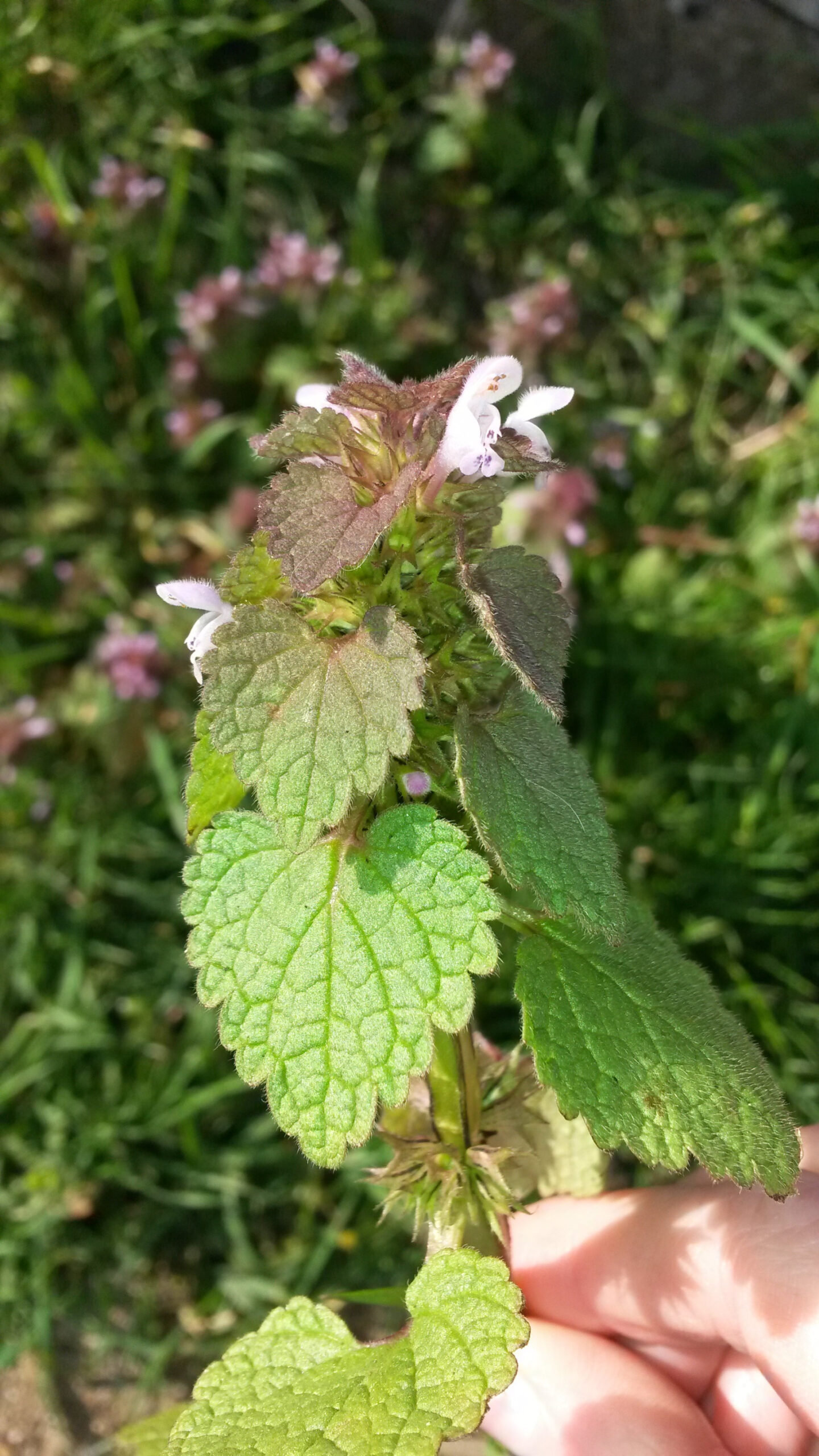Can Rabbits Eat Nettles?
Nettles are a common plant found in various regions around the world. While they may be considered a weed by some, nettles are actually a valuable plant with many health benefits. But can rabbits eat nettles? Let’s find out.

Benefits of Nettles for Rabbits
Nettles are rich in nutrients and have several health benefits for rabbits. Here are some reasons why nettles can be a great addition to your rabbit’s diet:
- High in fiber: Nettles contain high amounts of fiber, which is essential for maintaining a healthy digestive system in rabbits.
- Rich in vitamins and minerals: Nettles are packed with vitamins A, C, and K, as well as minerals like calcium, iron, and potassium. These nutrients are crucial for overall rabbit health.
- Anti-inflammatory properties: Nettles have natural anti-inflammatory properties and can help alleviate pain and discomfort in rabbits suffering from conditions like arthritis.
- Boosts immune system: The vitamins and minerals present in nettles can strengthen the immune system, helping rabbits fight off diseases and infections more effectively.
How to Introduce Nettles to Your Rabbit’s Diet
While nettles can be beneficial for rabbits, it’s important to introduce them to your rabbit’s diet gradually and in moderation. Here’s how you can do it:
- Start with small amounts: Begin by offering a small piece of nettle leaf to your rabbit. Monitor their reaction and ensure they tolerate it well.
- Gradually increase serving size: If your rabbit shows no signs of digestive upset or allergies, you can gradually increase the amount of nettle in their diet.
- Ensure freshness: Only feed your rabbit fresh nettles and avoid those that have wilted or dried out.
- Remove stingers: Before offering nettles to your rabbit, make sure to remove any stingers or prickles to prevent any injuries or discomfort.
Precautions and Considerations
While nettles can be a healthy addition to your rabbit’s diet, there are a few precautions and considerations to keep in mind:
- Allergies: Some rabbits may be allergic to nettles. Watch for any signs of allergic reactions, such as itching, sneezing, or respiratory distress. If these symptoms occur, discontinue feeding nettles immediately and consult a veterinarian.
- Safety: Ensure that the nettles you offer to your rabbit are free from pesticides, herbicides, or any other harmful chemicals that could potentially harm your pet.
- Variety is key: While nettles can be a nutritious addition to your rabbit’s diet, it’s important to provide a balanced and varied diet to ensure they receive all the necessary nutrients. Nettles should be offered as part of a diverse range of vegetables, hay, and high-quality pellets.
Expert Tip: Always consult with a veterinarian before introducing any new food items to your rabbit’s diet. They can provide specific guidance based on your rabbit’s individual needs and health condition.
Frequently Asked Questions (FAQs)
1. Can nettles cause digestive problems in rabbits?
While nettles are generally safe for rabbits, some individuals may experience digestive upset or diarrhea if they consume large amounts of nettles. It’s important to introduce nettles gradually and monitor your rabbit’s reaction.
2. Can rabbits eat all parts of the nettle plant?
Rabbits can eat the leaves and stems of the nettle plant. However, it’s important to remove any stingers or prickles before offering them to your rabbit to prevent any injuries or discomfort.
3. How often can I feed nettles to my rabbit?
Nettles should be fed to rabbits in moderation, usually as a treat or occasional addition to their diet. It’s important to provide a balanced and varied diet for your rabbit, including a mix of hay, vegetables, and pellets.
4. Are there any alternatives to nettles for rabbits?
If nettles are not readily available or your rabbit doesn’t tolerate them well, there are other vegetables and herbs you can offer instead. Some suitable options include kale, dandelion greens, parsley, and mint. Always introduce new foods gradually and monitor your rabbit’s response.
Related Articles…
Copyright Notice:
Images displayed on this website are not our property, but are procured from the internet. If you hold copyrights to any image and wish for its removal, please get in touch with us.